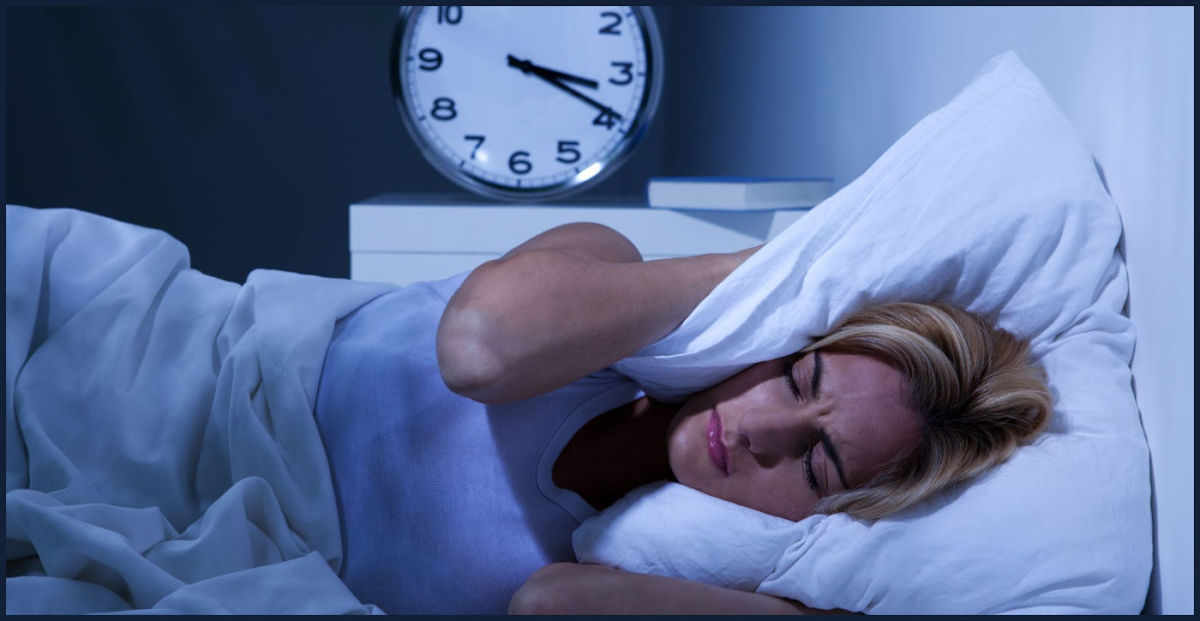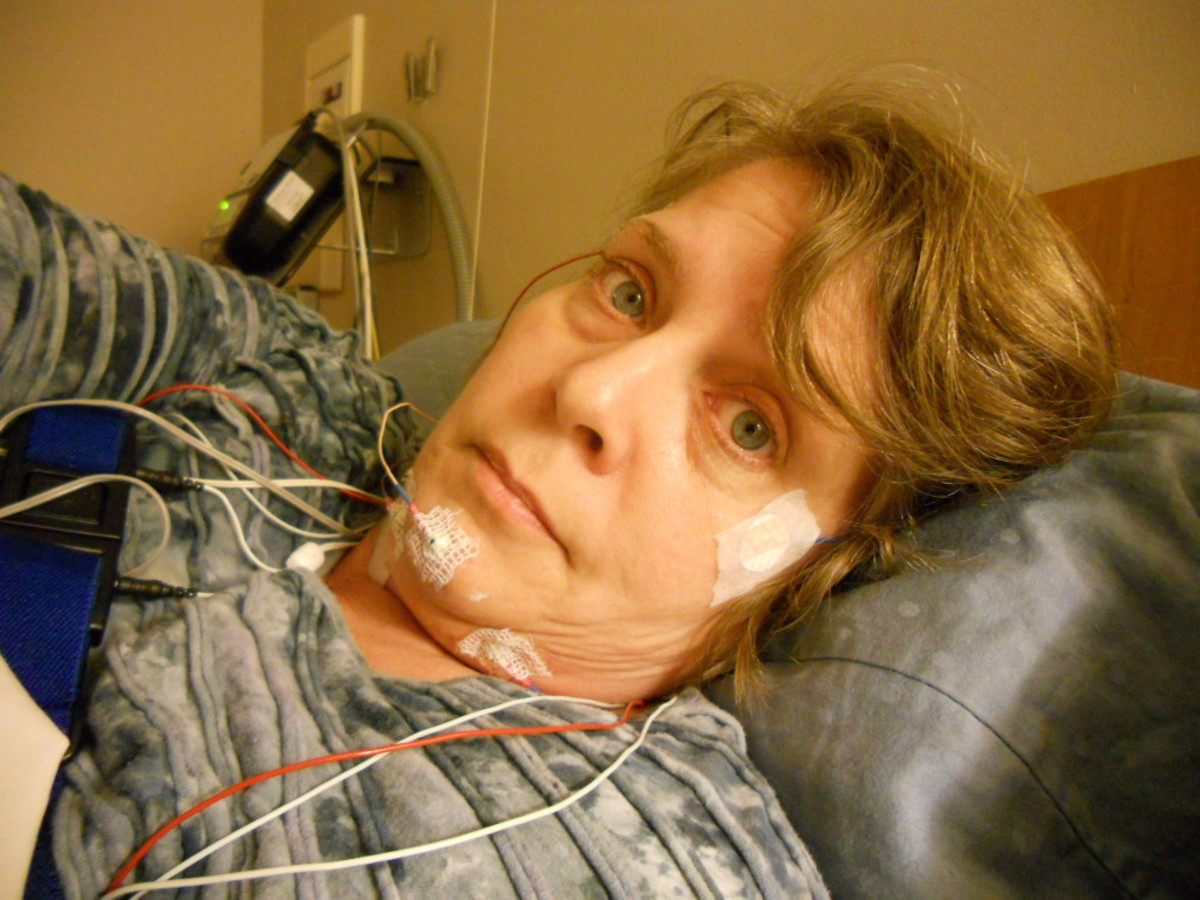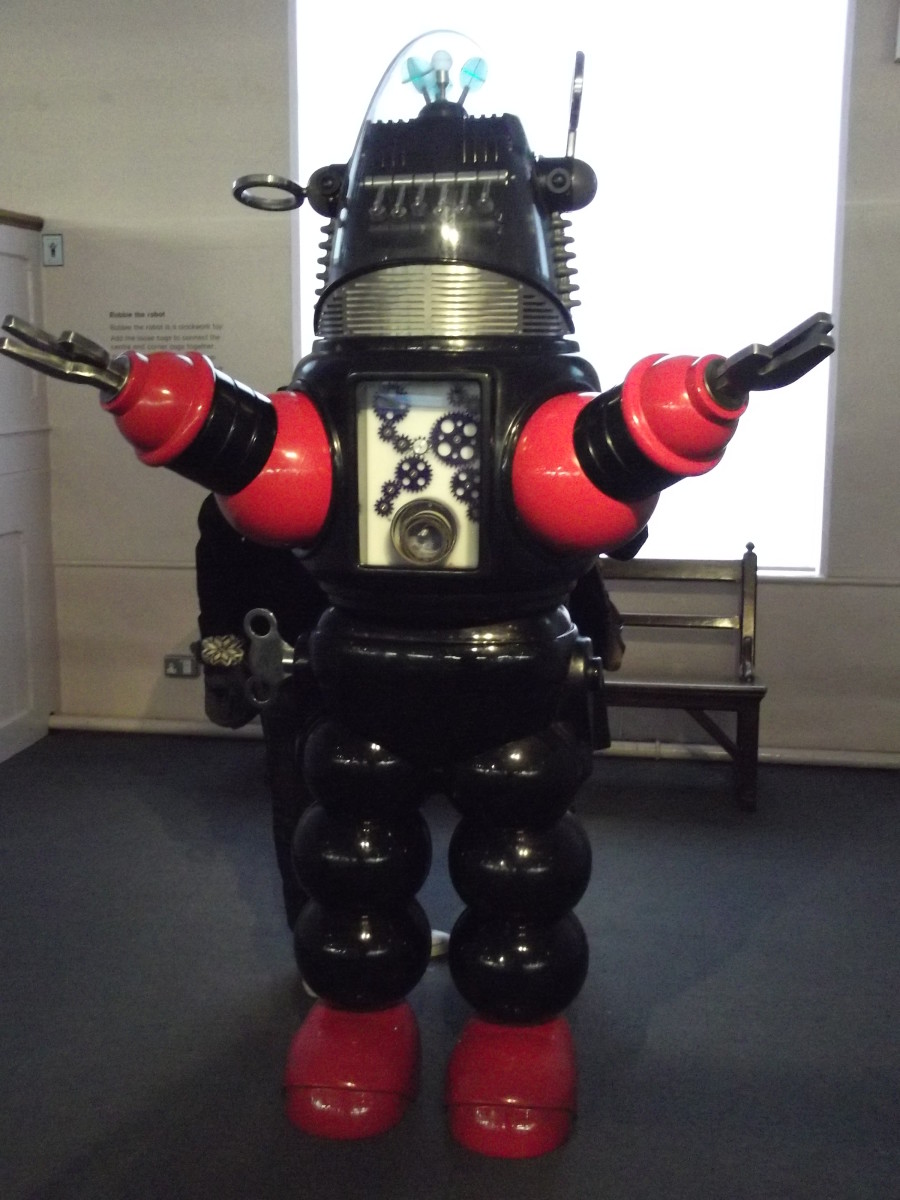Alternative Ways to Fall Asleep: Without Prescription Sleep Aids
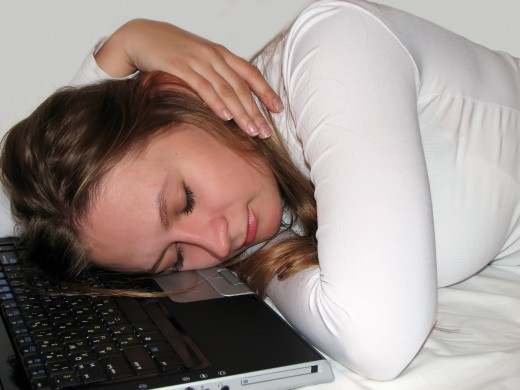
Ways to Fall Asleep: Without Prescription Sleep Aids
Do you sometimes have trouble falling asleep and staying asleep on a nightly basis? Do you hate having to take prescription sleep aids because of the lasting side effects? Well here is a simple list of alternative ways to fall asleep, without using those bothersome sleep aids.
Avoid Stimulants
By any means necessary , avoid stimulants before bed. This means no caffeine of any form, including: coffee, energy drinks, even tea that isn't caffeine free. It's alright to have some in the morning, however if you find you're still unable to sleep at night, reduce the amount of caffeine throughout the day.
You should also avoid certain activities an hour or so before bed, including: watching TV, working out, or being on the computer. Exercise gets your heart rate up, which can prevent you from falling asleep. Certain electronics such as TV and computers put off a "blue light", which disrupts the pre-sleep cycle by stopping the pineal gland from secreting melatonin, which is the chemical that makes you sleepy.
Try to cultivate a peaceful environment before you go to bed.
Get Rid of Sleep Anxiety
Try to let go of sleep anxiety around bedtime, and all your worrisome thoughts. Yes, it takes practice and a lot of patience. If you're having trouble, you can try a form of meditation to help with releasing your stress and anxiety.
Below are a few ways to avoid using prescription sleep aids :
- Breathe in deeply through your nose, and out through your mouth. While doing this, slowly count backwards from five. This will help you relax and clear your thoughts.
- Taking a hot shower or a hot bath can help you unwind from a stressful day as well.
- Chamomile tea or lavender tea to calm you.
Set a Specific Time for Bed
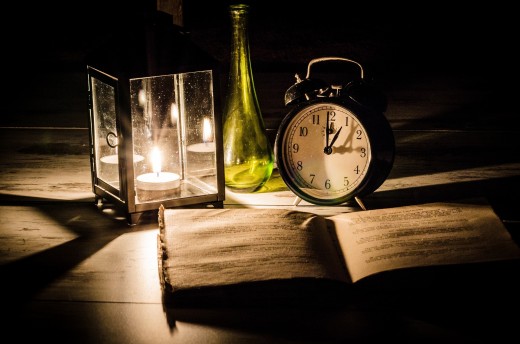
Do you remember being little and your mom or dad would tell you it's time for bed? There was a nightly ritual of bathing and being tucked in at, or about the same time every night.
Instead of just jumping into bed and laying there for hours, start a bed time routine or ritual at least one or two hours ahead of time. This is the crucial part: Try to go to bed at the same time every night. Figure out what time is best for you, and aim for that time, but be consistent.
- Alcohol at Bedtime May Not Help Your Sleep
One of the largest studies to date on alcohol’s effects on sleep shows that drinking alcohol before bed may disrupt sleep and increase wakefulness in healthy adults -- affecting women more than men -- regardless of family history of alcoholism.
Avoid Alcohol
Absolutely do not drink any alcohol before bed. Alcohol may help you fall asleep faster, but it can be highly disruptive to your sleep. In a recent study showed alcohol's effect on sleep. It stated that drinking before bed may disrupt sleep and increase wakefulness in healthy adults, though affecting women more than men, regardless of a family history of alcoholism.
Practice Good Sleep Habits
Practicing good sleep habits are crucial. Just remember that everyone has or has had insomnia at some point in their life, and hardly anyone falls asleep right away. In fact, we shouldn't fall asleep right away because it takes awhile for the brain and body to wind itself down. If you are passing out or falling asleep within 5 minutes of your head hitting the pillow, you might be sleep-deprived.
Do things to make a supportive sleep environment. Try making your room cool and dark, do not have a computer or TV in your room, and try spraying lavender mist on your pillow. Lavender produces slight calming, soothing, and sedative effects when its scent is inhaled. Lavender has also been used as a herbal remedy for insomnia, depression, anxiety, and fatigue.
Avoid Taking Naps
People who get into a habit of taking a nap throughout the day when you start to feel sluggish, actually have more trouble falling asleep at night. If you can manage to skip your nap, you just might find that you are able to fall asleep better, and you can actually maintain your bedtime routine. If you do nap, keep it short. Having a brief 15-30 minute nap about eight hours after waking up can actually rejuvenate you.
Only Use the Bedroom for Sleeping
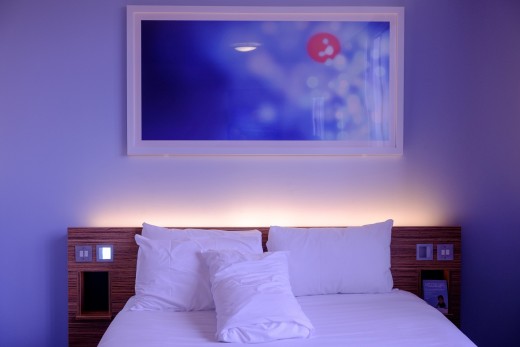
Whatever you do, definitely do not get into the habit of eating, watching TV or performing other activities in bed (that wasn't meant to be done in a bed of course).
If you keep from watching TV and eating food in bed, you can actually train your brain into thinking that once you hop in bed, it is time to go to sleep. If you do a lot of things in bed, it will be harder for your body and mind to shut down at bedtime. With that said, don't use your bed for anything other than sleep and sexual intimacy.
Avoid High Carb Snacking at Bedtime
Avoid sugar or carbohydrates within 2 or more hours of sleep. If you get hungry, try eating small portions of food that help promote sleep, such as, turkey, nuts , even a warm glass of milk with honey. Milk contains tryptophan, which is a sleep-promoting substance. Other foods that may help promote sleep include tuna, halibut, pumpkin, artichokes, avocados, almonds, eggs, bok choy, peaches, walnuts, apricots, oats, asparagus, potatoes, buckwheat, and bananas.
Avoid Drinking Right Before Bed
Sometimes before bed people will have something to drink. Drinking fluids within three hours before going to bed can actually cause you to have an urge to urinate in the middle of the night. So instead of drinking something right before bed , try drinking fluids in the first half of the day, instead of at bedtime.
Exercise Regularly
It may sound like a hassle to people who have a very busy day to day life, but in fact routinely exercising releases endorphins that help to decrease stress. Less stress means an increase in deep sleep. Try to get at least 30 or more minutes of cardiovascular ( cardio ) exercise daily, such as walking, jogging, running or biking. Though try to avoid exercising in the evenings. The reason for this is, the endorphins can cause stimulation if performed within three hours of sleep.
Restrict Nicotine
Many think that having a smoke before bed is relaxing, it actually puts a stimulant into your bloodstream. The effects from nicotine are very similar to caffeine. Nicotine can cause you to stay awake, and wake you up in the middle of the night. Try to avoid smoking before bed and if you wake up in the middle of the night.
Keep Pets Off the Bed
If your pet sleeps with you, like mine does, it may cause you to wake up throughout the night. Allergies or pet movements can keep you awake at night. Even though you may hate the idea, it may be more beneficial to your sleep if your pet had it's own bed.
Find a Comfortable Position to Sleep in
If you are uncomfortable, you may have trouble falling asleep. Try to find a position that feels natural to you, whether you sleep on your side, your back, or on your stomach. If you begin to get uncomfortable, switch the position immediately.
For example: The body weight on your arm is too heavy on your chest, or your hip feels weird- change the position until you find one that is comfortable. Make sure that your pillow isn't flat or too high, this may put strain on your neck.
Keep Your Bed Made
When you get up in the morning, try getting into a habit of making your bed. A bed that is fully made up looks better, and more inviting when you come to bed than a bed with the sheets and blanket all bunched up. Keep the bed sheets cleaned regularly. Clean sheets can make a big difference. When you wash or dry your bedding, try using a lavender scented laundry soap or dryer sheet. It leaves a light scent that can help you relax.
Wear Comfortable Clothes
The clothes you sleep in are best when they are comfortable, loose and unrestricted. Try to avoid wearing clothing that is too hot or that can leave you feeling cold or chilly. Shorts or light pajamas are often the most comfortable to sleep in. Also, sleeping in the nude works well for many people, only if you feel comfortable and warm.
Questions for Readers
- From your experience, what are some other ways to fall asleep without the use of prescription sleep aids?
- Do you prefer using sleep aids or alternative ways to fall asleep, why?
This content is accurate and true to the best of the author’s knowledge and is not meant to substitute for formal and individualized advice from a qualified professional.
© 2012 Billy Haynes




